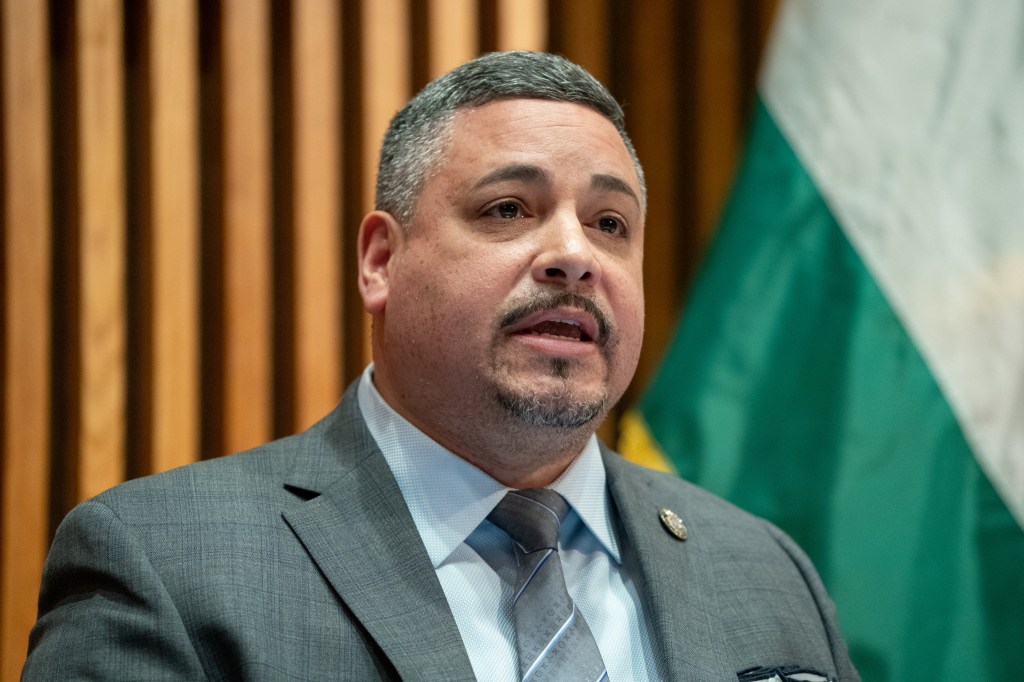For decades now, civilian New Yorkers who’ve had problems with the police have in theory been able to rely on a body outside the department — the Civilian Complaint Review Board — to investigate their claims and determine if violations of law or policy have occurred.
This process is far from perfect; we’ve written before that NYPD commissioners, who get the ultimate say in discipline, sometimes override already-light CCRB recommendations and issue little to no punishment even when wrongdoing has been painstakingly substantiated. But that’s the balance that New York has long settled on, giving the commissioner the final word.
Good or bad, at least there was an open process for evidence to be presented and considered, and for New Yorkers to feel that their complaints were being looked at.
However, that important layer of transparency has often been missing under Commissioner Eddie Caban. A ProPublica investigation found that, in more than 50 cases, the top cop has used a little-known power to prevent CCRB inquiries from going forward at all, including cases involving chokeholds and tasers and batons. Under that method, so now the commissioner gets the first and only word as well as the final word? This is allowed, but does it make sense?
It’s both telling and disheartening that criticism of these practices often gets lumped into being anti-cop or being in favor of crime or disorder. In fact it is pro-accountability, which should be the standard stance for anyone who cares about good government, including government leaders themselves.
What is the benefit to sidelining CCRB inquiries before they’re complete? What is gained from overturning pleas that officers had already agreed to — effectively acknowledging their guilt and explicitly indicating that they’ll face no consequences for it?
We understand that the institution might be glad to face less scrutiny and the commissioner has a responsibility to maintain morale. But he also has a responsibility to the safety of the public, and the reality is the public must be able to rely on the idea that officers have rules to answer to. While the vast majority of police officers carry out their dangerous duties honorably and without incidents, sometimes there are problems.
If a cop who hits someone with a baton without cause and is reported for doing so never faces a disciplinary process, would that make another cop more or less likely to do the same thing? If it happened enough, would it perhaps create a culture where other officers might feel less inclined to follow the rules, which are in place to protect the public they’re serving?
Bypassing the CCRB might seem like a morale-booster in the short-term, but it’s bad for the department and its officers in the long term. The greater the perception of impunity, the more some in the public might mistrust the police and not report crimes or cooperate in investigations.
Potential officers who want to do good work in the community might not apply, while those few bad apples who abuse their authority might be more inclined to do so.
Let the CCRB do its job, commissioner. Protect your officers from harm, but not from consequences. It’ll be a better force for it.
